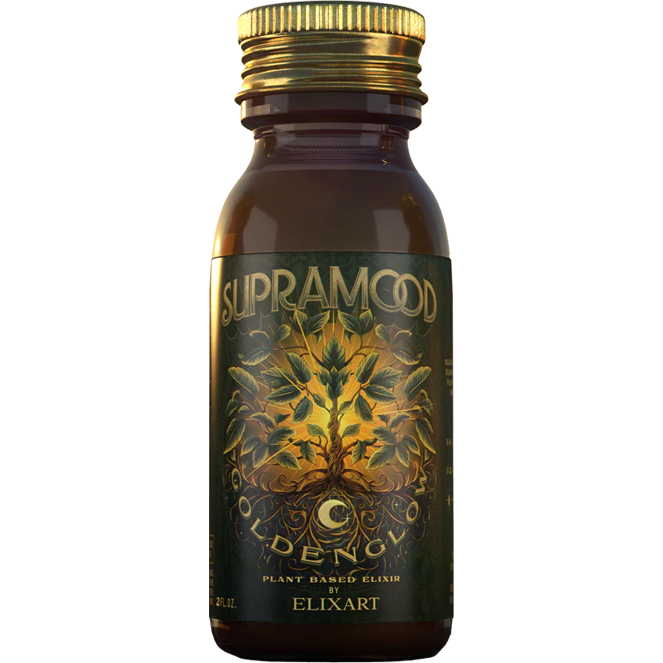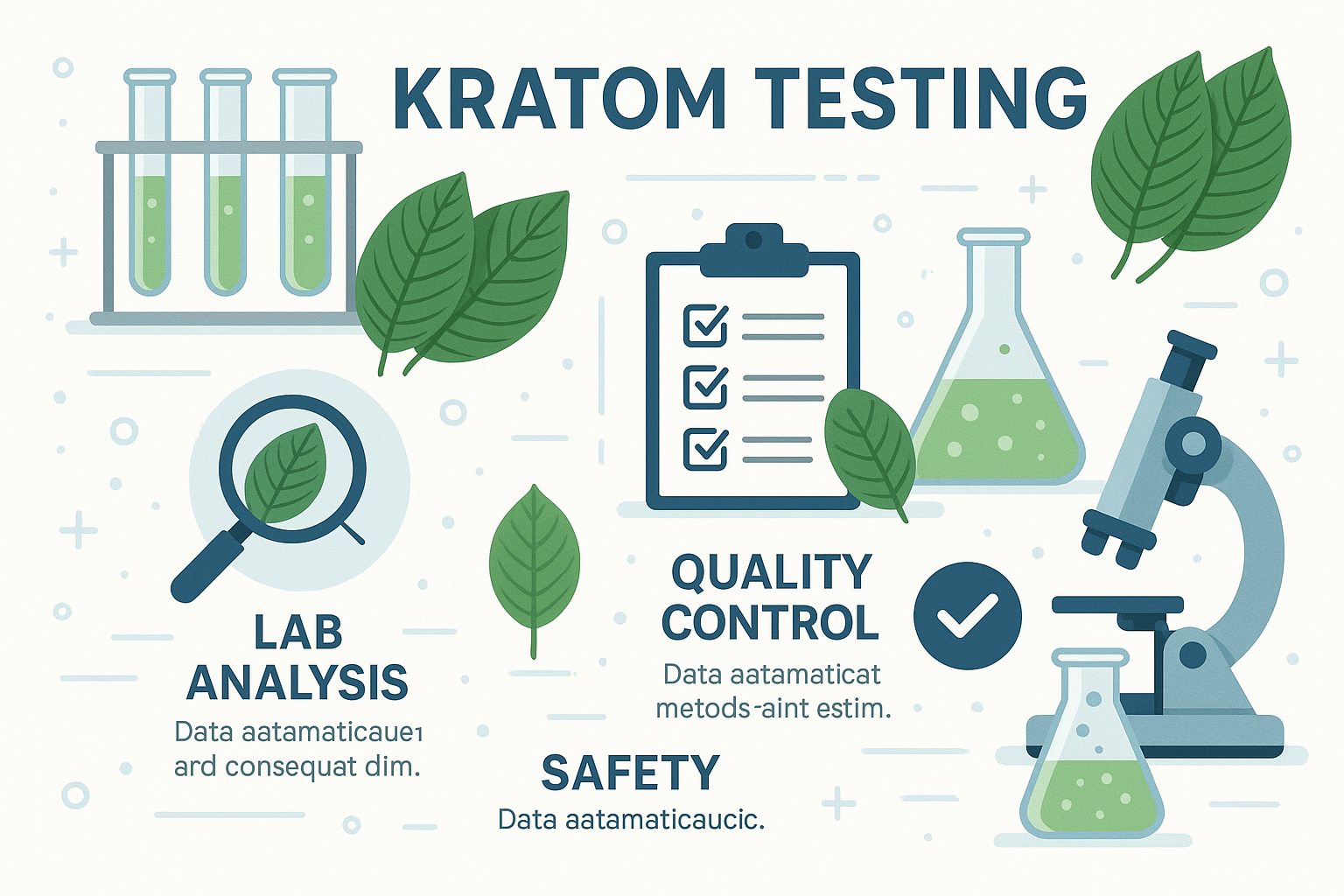Table of Contents
- Introduction to Health Benefits
- General Health Wellness: Is Kratom Good for You?
- Health Benefits of Kratom
- Positive Effects and Medicinal Properties of Kratom
- Kratom’s Impact on the Brain and Mental Health
- Side Effects & Potential Risks
- Conclusion
- Frequently Asked Questions (FAQs)
Introduction to Health Benefits
Kratom, a tropical plant native to Southeast Asia, has quickly become one of the most talked-about herbs in the world of natural wellness. Known for its stimulating and pain-relieving properties, this ancient remedy is now being explored as a potential support for both physical health and mental well-being. But with its rising popularity comes a wave of questions and controversy.
Is kratom just another health fad, or does it offer real benefits backed by science and tradition? Is kratom healthy, or are there hidden risks that users should be aware of? And perhaps more importantly, how does it truly affect the mind, mood, and body over time?
This blog takes a comprehensive look at kratom’s health benefits, its impact on the brain and mood, how it compares to other natural alternatives like kava, and the possible side effects that are often overlooked. Whether you’re curious about using kratom or just want to understand the ongoing conversation, this guide aims to provide an honest, evidence-based exploration of what kratom can- and can’t - do for your health.
Let’s dive into the facts, separate the myths, and uncover the full story behind this intriguing botanical.
Key Points
- Kratom is a natural herb with energizing, pain-relieving, and mood-boosting effects.
- It interacts with the body’s opioid receptors, though it’s not an opioid itself.
- Contains active compounds like mitragynine and 7-hydroxymitragynine.
- May support mental health, reduce anxiety, and enhance focus, but research is limited.
- Side effects include dependency, hormonal changes, and gastrointestinal issues.
- More research is needed to understand the long-term health impact of kratom.
General Health & Wellness: Is Kratom Good for You?
Let’s begin with the obvious: Is kratom healthy?
This question sparks heated debates in both natural health communities and clinical settings. On one hand, thousands report that kratom helps them manage chronic pain, boost energy, and reduce anxiety. On the other, health professionals caution against its risks, especially when misused.
Kratom’s health impact largely depends on dosage, frequency of use, and individual physiology.
In small doses (1–5 grams), users often report increased alertness, sociability, and even motivation. In moderate to higher doses (5–15 grams), kratom is known to have more sedative, pain-relieving effects, but also a higher risk of side effects.
While some users swear by kratom as a natural supplement for health and well-being, there’s a serious need for clinical studies to back these claims. Currently, the FDA does not recognize any medical uses for kratom, and it’s banned in several countries due to safety concerns.
Health Benefits of Kratom
So, what are the healthy benefits of kratom?
Here are the most prominent health benefits of kratom of what users and emerging studies suggest:
1. Pain Relief:
Kratom interacts with the body’s opioid receptors, offering relief from chronic pain. It’s particularly popular among people with conditions like fibromyalgia and arthritis.
2. Energy Boost:
In low doses, kratom acts as a stimulant, increasing alertness and reducing fatigue, a reason why Southeast Asian workers traditionally chewed the leaves during long hours in the field.
3. Improved Mood:
Many users report feeling more uplifted and motivated after using kratom, which is often attributed to its dopamine-boosting effects.
4. Immune Support:
Some believe kratom boosts immunity due to the presence of immunostimulant alkaloids, though this is still speculative.
These benefits point to kratom’s potential role in natural wellness routines, but again, more scientific evidence is needed to turn anecdotal claims into accepted facts.
Kratom: What Are The Health Benefits vs. Risks?
Balancing the scales of benefit vs. risk is essential.
Kratom’s traditional use in Southeast Asia centers on natural healing for fever, wounds, diarrhea, and pain. Its modern use, especially in the West, has shifted toward opioid withdrawal aid, natural pain relief, and mental health support.
But alongside these perks come serious cautions:
Addiction Potential:
Regular kratom use can lead to dependency and withdrawal symptoms like irritability, insomnia, and muscle aches.
Lack of Regulation:
Since it’s not approved by the FDA, kratom products vary in strength and purity.
Drug Interactions:
Kratom can interact with other substances, increasing the risk of harmful effects, especially when combined with sedatives or antidepressants / antipsychotics.
So while kratom holds promising health benefits, it must be approached with respect, caution, and awareness.
Positive Effects and Medicinal Properties of Kratom
Now, let’s geek out a little on what makes kratom work.
Kratom’s leaves contain over 40 compounds, but two alkaloids steal the show:
Mitragynine
Mitragynine makes up over 60% of kratom’s alkaloid content and is responsible for energizing effects.
7-Hydroxymitragynine
7-Hydroxymitragynine is a much more potent and binds strongly to opioid receptors, contributing to pain relief and sedation.
These alkaloids interact with mu-opioid receptors in the brain - the same ones targeted by prescription painkillers, but in a partial agonist way, which means kratom produces similar effects without full opioid impact.
Medicinal properties of Kratom:
Among many some prominent, medicinal properties of kratom include;
- Analgesic (pain relief)
- Anti-inflammatory
- Muscle relaxant
- Antioxidant
Many people dealing with chronic back pain, migraines, or joint stiffness have turned to kratom as a natural alternative to harsh pharmaceuticals. Additionally, some suggest it supports better sleep, although this depends heavily on the dose and strain.
Kratom’s Impact on the Brain and Mental Health
Here’s where things get really interesting.
Is kratom good for the brain?
Users report improved focus, motivation, and a feeling of emotional balance, especially when dealing with stress or low moods. While there’s no strong clinical data to confirm this yet, anecdotal evidence points to kratom having a positive impact on dopamine and serotonin pathways.
Is kratom good for anxiety?
Many say yes, especially when using red vein strains, which are known for their calming properties. The herb seems to soothe the nervous system, promote a sense of well-being, and reduce social anxiety.
However, excessive use or high doses may result in:
Brain fog, Emotional numbness, Mental dependency
As with any substance that affects the mind, moderation and self-awareness are key.
Side Effects & Potential Risks
No conversation about kratom is complete without discussing the dark side.
Here’s what you need to know:
Dependency and Withdrawal:
Regular kratom use can lead to tolerance and dependence. Withdrawal symptoms often mirror those of opioids but tend to be milder.
Can Kratom Cause Erectile Dysfunction?
Unfortunately, yes. One of the lesser-known side effects of kratom is its potential to interfere with sexual health, including erectile dysfunction, reduced libido, and hormonal imbalance.
Gastrointestinal Issues:
Nausea, constipation, and appetite changes are frequently reported.
Liver and Kidney Stress:
Some users have experienced liver enzyme spikes, though this is relatively rare.
Cognitive Fog:
Overuse can dull mental sharpness, reaction time, and memory.
The truth is, while kratom can support wellness, it is not risk-free, especially if used irresponsibly or in combination with other substances.
Conclusion
Kratom is not a miracle cure, nor is it a villainous drug. It’s a powerful natural substance with both potential benefits and risks, much like caffeine, cannabis, or even prescription medication.
If you’re considering kratom, it’s crucial to educate yourself, start with low doses, and preferably consult a healthcare provider familiar with herbal therapies.
Health benefits of kratom? Yes, they exist, for pain relief, mental clarity, and anxiety relief.
Is kratom healthy? It can be, but only when used responsibly and with clear boundaries.
Frequently Asked Questions (FAQs)
Why do people use kratom?
For energy, pain relief, anxiety, opioid withdrawal support, and overall mood enhancement.
Does kratom interact with anything?
Yes, especially CNS depressants, alcohol, and antidepressants. These combinations can be dangerous.
Is kratom as strong as morphine?
Not in its raw form, but 7-hydroxymitragynine is highly potent and can mimic some opioid-like effects.
Is kratom an anti-inflammatory?
Yes. Studies and user reports suggest anti-inflammatory and pain-relieving properties.
Does kratom boost your immune system?
Possibly. Some alkaloids may offer immune-boosting benefits, but this has not been well studied.
What does kratom give you energy?
White vein and green vein kratom strains are typically energizing.
Is kratom good for cholesterol?
Limited anecdotal evidence suggests it may help, but there’s no clinical proof yet.
What kratom is best for pain?
Red vein strains like Red Bali or Red Maeng Da are known for their analgesic effects.







Leave a comment
All comments are moderated before being published.
This site is protected by hCaptcha and the hCaptcha Privacy Policy and Terms of Service apply.